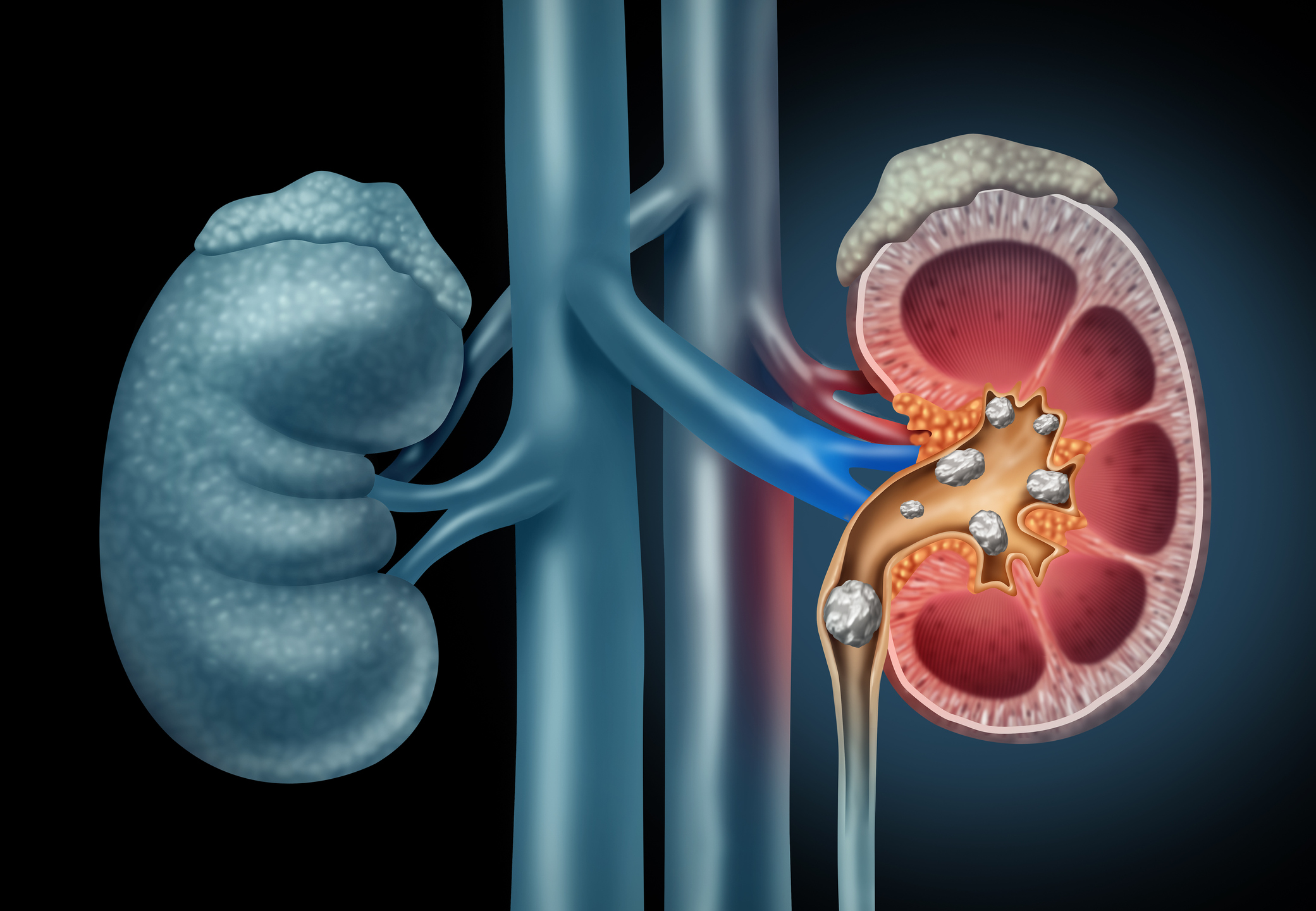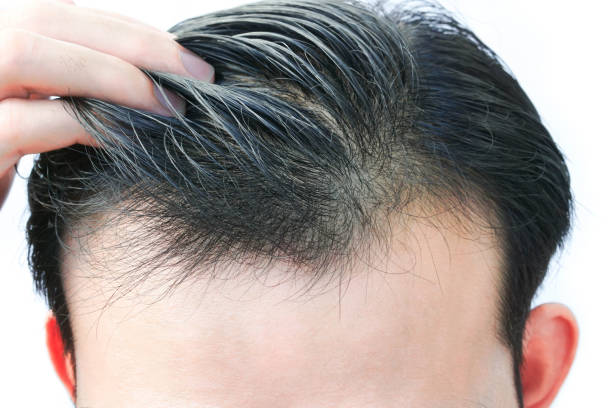Kidney stones are small, hard mineral deposits inside the kidneys and can cause intense pain, especially when passing through the urinary tract. While some individuals may be genetically predisposed to developing kidney stones, the majority of cases are influenced by diet, fluid intake, and lifestyle habits. Fortunately, most kidney stones are preventable. In this article, we’ll walk you through a step-by-step guide from a urologist’s perspective to help you understand how to prevent kidney stones and maintain long-term kidney health.
Understanding the Causes of Kidney Stones
Kidney stones form when your urine contains more crystal-forming substances, such as calcium, oxalate, and uric acid, than the fluid in your urine can dilute. These excess minerals clump together and eventually form stones. The most common types of kidney stones include calcium oxalate, uric acid, struvite (which may develop in response to an infection), and cystine stones (typically hereditary). Several factors can increase your risk, such as dehydration, high-sodium diets, excessive consumption of animal protein, obesity, and certain medical conditions like gout or inflammatory bowel disease.
Stay Hydrated to Dilute Urine
One of the simplest yet most effective ways to prevent kidney stones is to drink plenty of fluids, especially water. Staying well-hydrated helps dilute the substances in urine that lead to stone formation. Urologists generally recommend drinking 2.5 to 3 liters of water per day, aiming to produce at least 2 liters of urine daily. A helpful tip is to monitor your urine color; pale yellow usually indicates adequate hydration, whereas dark yellow suggests dehydration. Avoid sugary sodas, excessive caffeine, and alcohol, as these can increase the likelihood of stone formation. Colas in particular contain phosphoric acid, which may promote stone growth.
Make Smart Dietary Choices
Your diet plays a major role in either increasing or decreasing your risk of kidney stones. Many people mistakenly think they should avoid calcium altogether, but the opposite is often true. Consuming adequate calcium—especially from dietary sources like dairy products or green leafy vegetables, can help prevent calcium oxalate stones. This is because calcium binds with oxalate in the gut, preventing it from being absorbed into the bloodstream and excreted through the kidneys.
It’s equally important to limit your sodium intake. High salt consumption can lead to higher levels of calcium in your urine, which is a risk factor for stones. You should also moderate your intake of animal proteins, such as red meat, poultry, and eggs, as these increase uric acid levels and lower urinary citrate, both of which can encourage stone formation. If you are prone to oxalate stones, you may want to reduce consumption of oxalate-rich foods like spinach, beets, nuts, and chocolate—but remember that pairing these with calcium-rich foods during meals can help reduce risk.
Maintain a Healthy Weight
Being overweight or obese significantly increases your risk of kidney stones. Excess body fat can change the acid-base balance in your urine, promoting the formation of certain types of stones, particularly uric acid stones. Maintaining a healthy weight through a balanced diet and regular physical activity is crucial. Aim for at least 30 minutes of moderate exercise five times a week. It’s also advisable to avoid high-protein, low-carb crash diets, which can alter urine pH and increase the risk of stone formation.
Be Cautious with Supplements and Medications
Some supplements and medications can contribute to kidney stone development. For example, high doses of vitamin C can lead to increased oxalate in the urine. Calcium supplements may also raise your risk if not taken properly, especially if consumed on an empty stomach or in high doses. Certain medications, such as diuretics and antacids, can also alter the mineral composition of your urine.
To prevent complications, always consult your healthcare provider before starting any new supplement or medication. If you’re already taking medications that might affect your kidney health, your urologist may recommend alternatives or adjustments based on your individual needs.
Schedule Regular Checkups and Screenings
If you’ve had kidney stones in the past or have risk factors for developing them, regular checkups with a urologist are essential. Your doctor may order 24-hour urine collections to measure the concentration of stone-forming minerals and assess your risk. Blood tests can also help identify abnormalities in calcium, uric acid, and kidney function. Imaging tests, such as ultrasounds or CT scans, may be used to detect stones early—even before they cause symptoms. These evaluations allow your doctor to create a personalized prevention strategy based on your body chemistry and stone history.
Best Urologist in Islamabad – Book Online Appointment or Visit
Follow a Personalized Prevention Plan
Every person is different, and the type of stone you are prone to will determine your prevention strategy. For instance, individuals who form uric acid stones may benefit from reducing their intake of purine-rich foods like red meat and seafood, and increasing the alkalinity of their urine through dietary changes or medications like potassium citrate. On the other hand, those with calcium oxalate stones may need to limit oxalate consumption while ensuring they get adequate dietary calcium. A urologist can help you identify the right approach through testing and lifestyle assessment.
Final Thoughts: Prevention Is the Best Treatment
Kidney stones can be incredibly painful and, in some cases, may lead to more serious complications such as infections or kidney damage. However, with the right preventive measures, most kidney stones can be avoided. By staying well-hydrated, eating a balanced diet, maintaining a healthy weight, and seeking regular medical guidance, you can significantly reduce your risk of developing stones.
Prevention is not just about avoiding pain—it’s about preserving your long-term kidney health. Small changes like adding more water to your daily routine, reducing your salt intake, and talking to your doctor about your supplements can make a big difference. When it comes to kidney stones, a proactive approach is your best defense.




